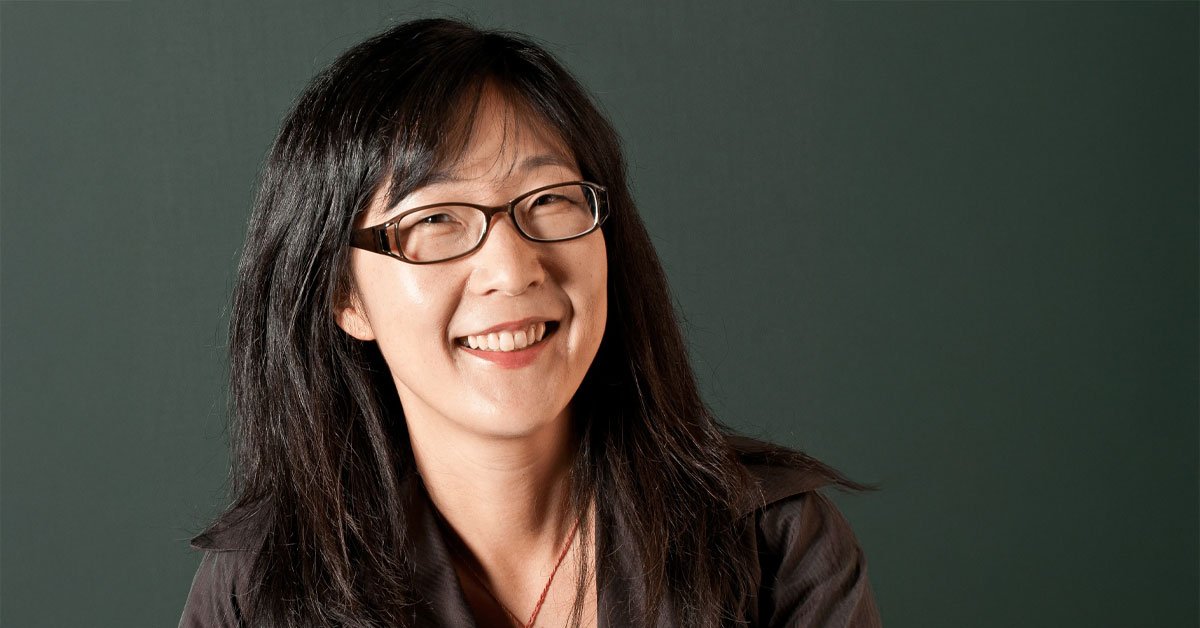Foundation Professor Sue Rhee Among MSU Researchers Tackling Global Food Challenges with NSF Support
MSU has been selected as one of six institutions to lead an $82 million NSF-funded Global Center, with its International Research Center for Enhancing Plant Resilience focusing on genomics and plant resilience to address food insecurity.
Seung Yon “Sue” Rhee is a MSU Research Foundation Professor in the College of Natural Science and director of MSU’s Plant Resilience Institute.
EAST LANSING, Mich. (Nov. 19, 2024) — Michigan State University has been awarded one of six Global Centers through the U.S. National Science Foundation and its partner agencies across Canada, Finland, Japan, the Republic of Korea (ROK), and the United Kingdom. The funding awards total nearly $82 million in the Global Centers competition.
“MSU’s International Research Center provides a unique opportunity to connect researchers across several continents to solve global food challenges,” said Seung Yon “Sue” Rhee, a MSU Research Foundation Professor in the College of Natural Science and director of MSU’s Plant Resilience Institute.
The 2024 Global Centers award focus on advancing bioeconomy research to solve global challenges, whether by increasing crop resilience, converting plant matter or other biomass into fuel, or paving the way for biofoundries to scale-up applications of biotechnology for societal benefit. The program supports holistic, multidisciplinary projects that bring together international teams and scientific disciplines, including education and social sciences, necessary to achieve use-inspired outcomes. All Global Centers will integrate public engagement and workforce development, paying close attention to impacts on communities.
“Global Centers are leveraging expertise and resources across like-minded nations and uniting multidisciplinary teams from around the world to accelerate innovations in the bioeconomy for great impact,” said NSF Director Sethuraman Panchanathan.
In addition to MSU’s International Research Center for Enhancing Plant Resilience, the five other new centers are the CIRCLE Center for Innovative Recycling and Circular Economy, the Global Center for Sustainable Bioproducts, Alliance for Socially-acceptable and Actionable Plants, the center for Reliable and Scalable Biofoundries for Biomanufacturing and Global Bioeconomy, and the International Bioeconomy Macroalgae Center.
Partner agencies include the National Endowment for the Humanities in the U.S.; the Natural Sciences and Engineering Research Council, or NSERC, and Social Sciences and Humanities Research Council, or SSHRC, of Canada; the Research Council of Finland, or RCF, and Innovation Funding Agency Business Finland; the Japan Science and Technology Agency, or JST; the ROK Ministry of Science and ICT and the National Research Foundation of Korea; and UK Research and Innovation, or UKRI.
The Global Centers program leverages NSF’s areas of strength and advances the U.S. government’s bioeconomy executive order and the Bold Goals for U.S. Biotechnology and Biomanufacturing. The Global Centers will also capitalize on other NSF investments in biofoundries that enable researchers to rapidly design, create, test and streamline the development of tools and products to accelerate research to advance the bioeconomy.
To learn more about this international partnership, visit the NSF Global Centers webpage.
Sue Rhee is an MSU Research Foundation Professor. This designation, established in 2014, is awarded to faculty members who have demonstrated excellence in their respective fields, based on recommendations from their college or dean. Recipients retain the title throughout their tenure and typically receive additional research support for five years. More than 60 faculty members have received this honor.
Read the full article at msutoday.msu.edu

